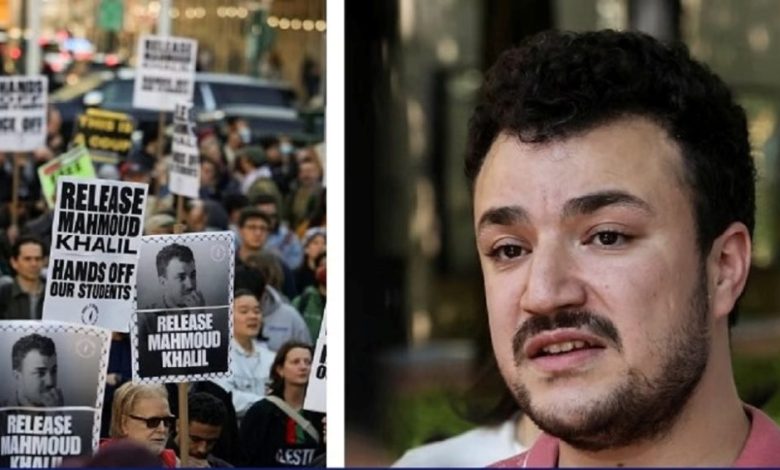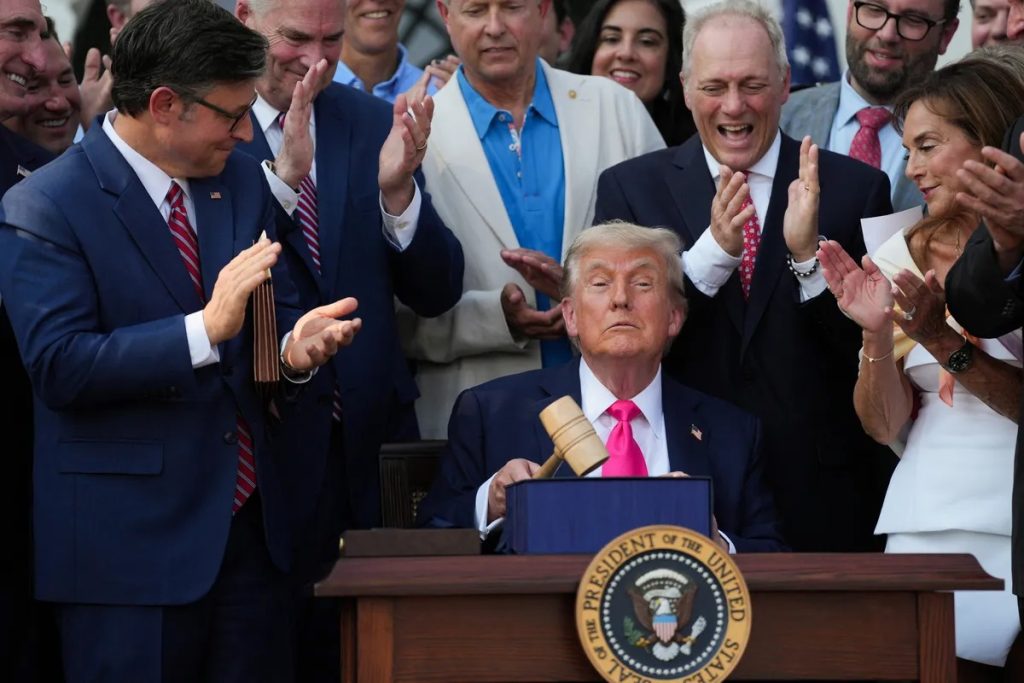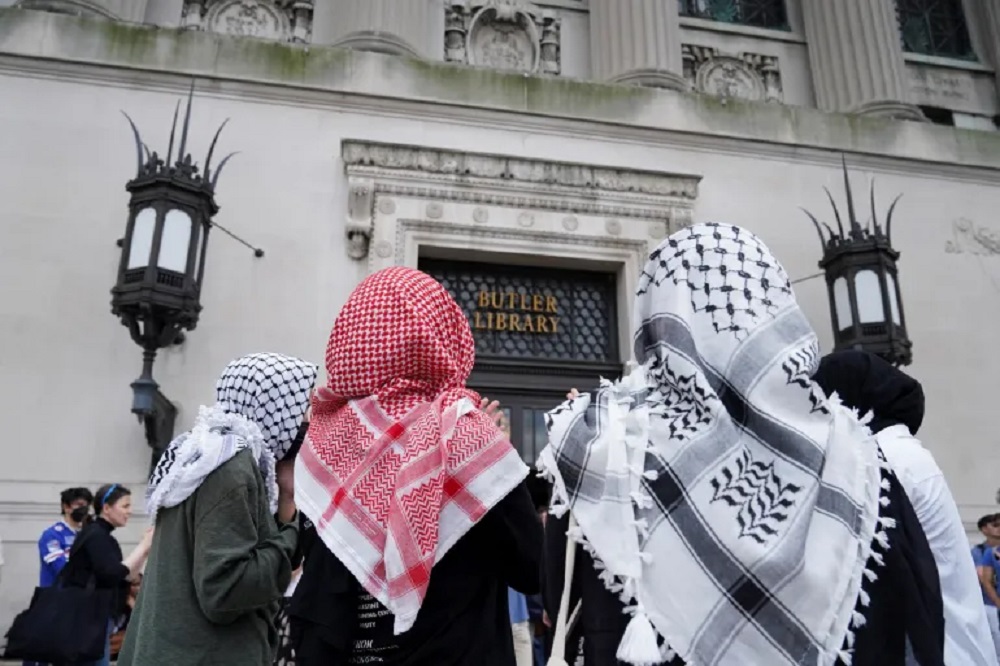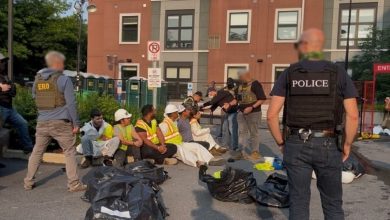Palestinian Rights Activist Mahmoud Khalil Faces Deportation Battle in the U.S.
After release from immigration detention, Columbia University graduate student and activist confronts a new deportation order under Trump-era policies.

Three months after his release from immigration detention, Palestinian rights activist Mahmoud Khalil now faces a renewed threat of deportation from the United States due to his role in student protests against Israel.
According to the Associated Press, Louisiana immigration judge Jimmy Comans ordered Khalil’s removal from the U.S. to either Algeria or, as an alternative, Syria.
The judge justified his ruling by citing alleged misrepresentations in Khalil’s green card application. In his September 12 decision, the judge wrote that Khalil’s omissions were not the result of ignorance but deliberate misstatements of material facts.
This ruling marks a setback for Khalil, a 30-year-old legal permanent resident and graduate student at Columbia University, who became the first person targeted by former President Donald Trump’s aggressive campaign against pro-Palestinian activists on U.S. campuses.
Although the decision moves Khalil closer to deportation, he remains protected from immediate removal under a separate federal court order.
Khalil’s Response
In a statement released through the American Civil Liberties Union (ACLU), Khalil denounced the ruling, claiming that Trump’s administration is punishing him for exercising his freedom of speech.
His attorneys confirmed they would appeal, adding that federal court injunctions still prevent his detention or deportation while his case proceeds.

The Legal Context
Judge Comans had previously ruled in April that Khalil could be forced to leave the U.S. as a “national security threat.” Khalil’s lawyers strongly disputed this, pointing to his clean criminal record and his deep ties to the U.S.—including his American wife and his infant son, born during his federal detention.
Khalil rose to prominence during the Columbia University Gaza war protests, which spread nationwide. He was arrested in March inside his campus apartment and accused by the Trump administration of supporting “pro-Hamas” activity—an accusation he repeatedly denied. Federal prosecutors presented no evidence to substantiate the claim.
The judge later sided with the government’s claim that Khalil provided “inaccurate information” in his residency application, particularly regarding his prior involvement with a UN agency serving Palestinian refugees. Khalil maintains any omission was unintentional.
What Happens Next?
Khalil’s legal team has vowed to appeal but admitted their chances in the conservative federal appeals court may be slim. If the appeal fails, Khalil’s permanent residency will be revoked, restricting his ability to work and travel.
However, a federal order issued by Judge Michael Farbiarz in New Jersey still blocks his deportation while his civil rights lawsuit proceeds. That case, which could soon advance to oral arguments, may become the only shield preventing his removal.

Possible Deportation Destinations
Judge Comans ruled that Khalil could be deported to Algeria, where he has distant family ties, or to Syria, where he was born in a Palestinian refugee camp.
Khalil’s lawyers argue that the publicity surrounding his case would expose him to deadly risks in either country.
Khalil, whose family traces its roots to Tiberias before being displaced in the Nakba, fled Syria in 2013 after joining protests against Bashar al-Assad. He currently sues the Trump administration for $20 million in damages, alleging wrongful imprisonment, persecution, and being falsely branded as antisemitic.
Despite being a legal permanent resident, married to an American citizen, and father to a U.S.-born child, Khalil was detained for three months earlier this year and now faces the possibility of deportation.
Trump’s administration has justified the move by claiming Khalil’s continued presence could have “serious consequences for U.S. foreign policy.” His arrest and prosecution came amid a wider Trump crackdown on elite universities like Columbia and Harvard, where federal funding was reduced and accreditation threatened due to their acceptance of foreign students.



